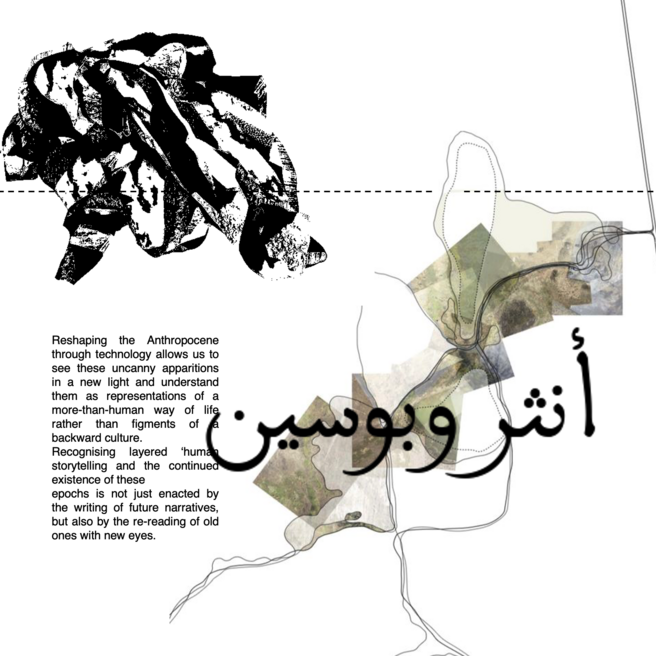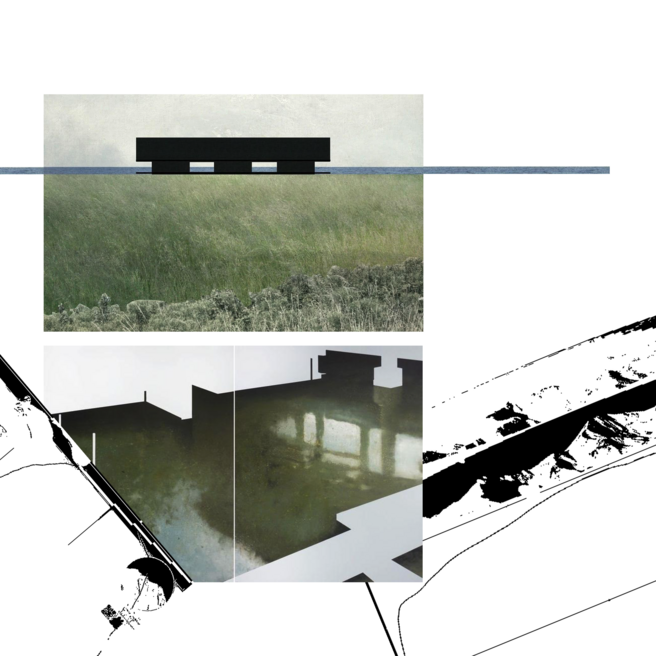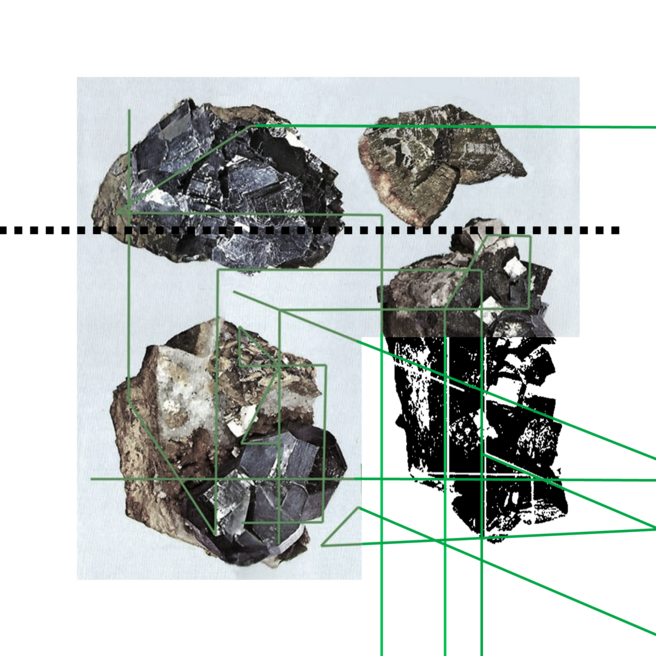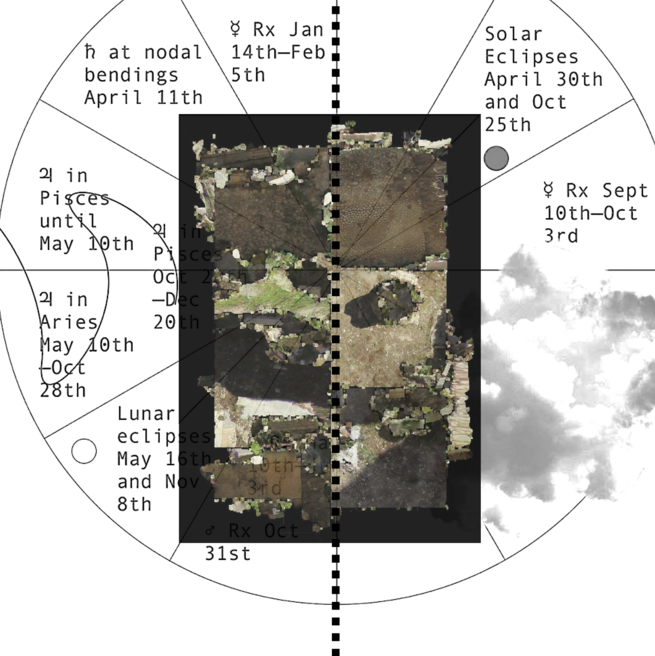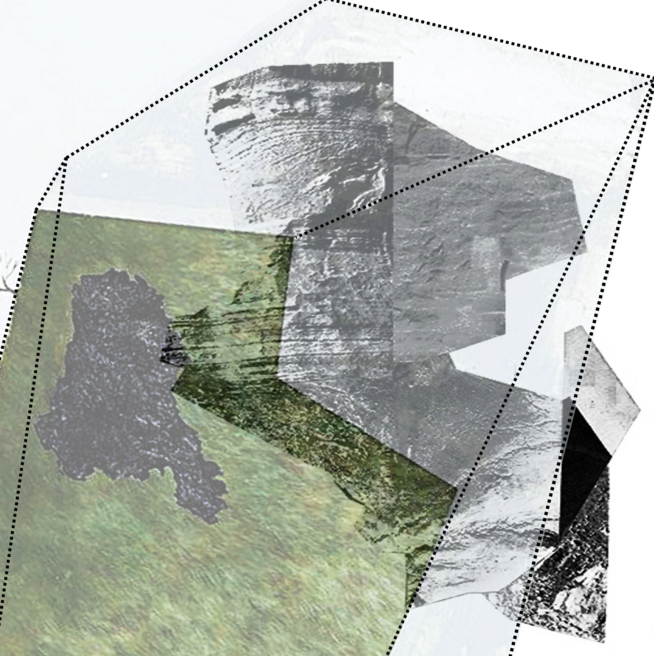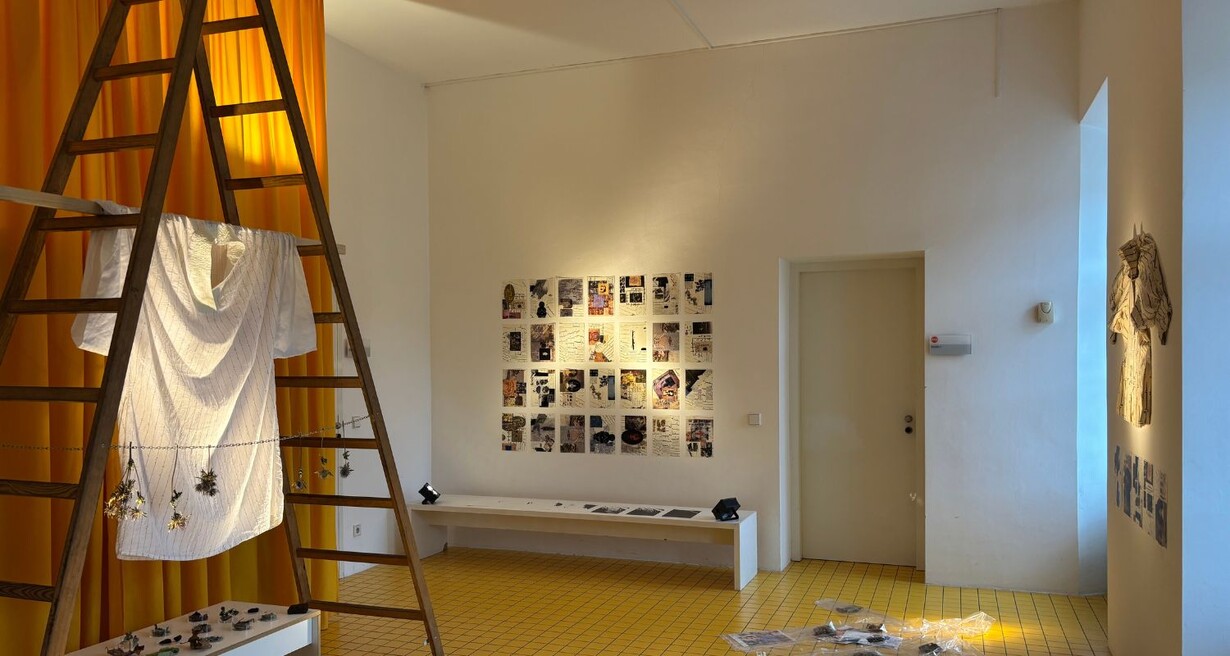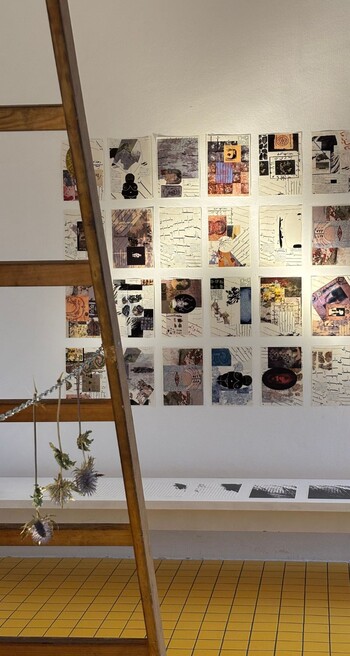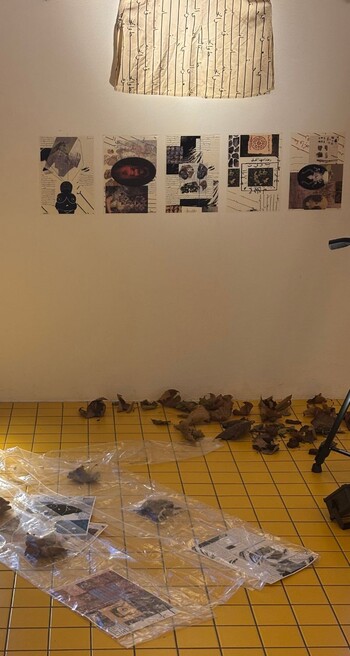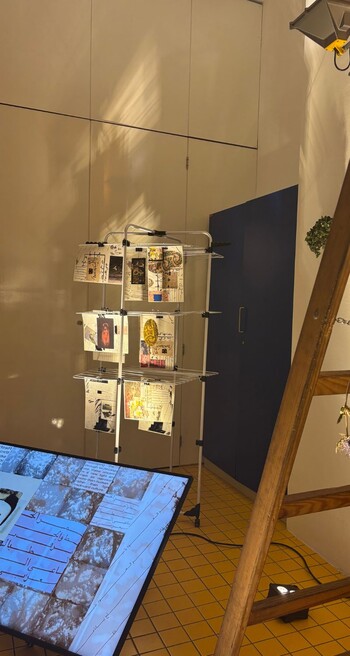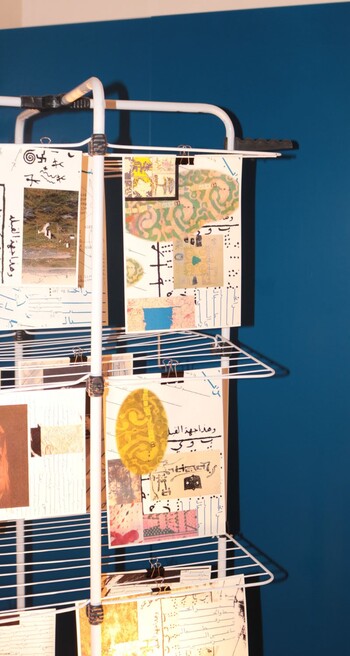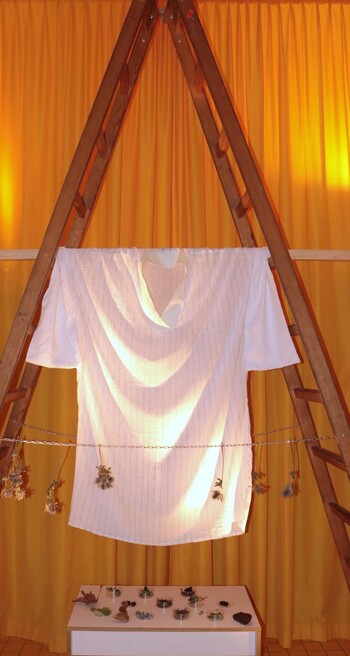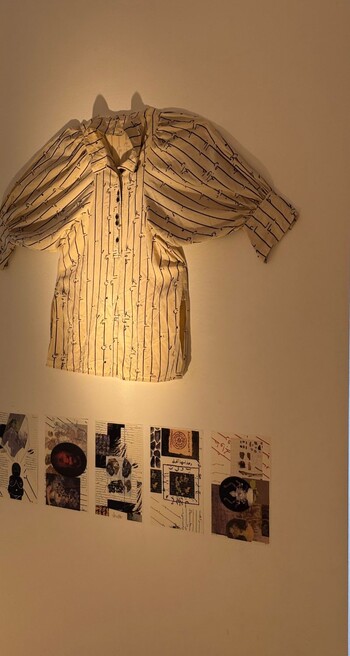Noha Essam
area: Applied Art, Theory
Key Facts
nationality
Egyptarea
Applied Art, Theoryresidence
Cairorecommending institution
MQ Art and Ecologytime period
November 2025 - December 2025Noha Essam is an Egyptian Multidisciplinary Artist & Architectural Designer. She is also a sustainability advocate, a futurist & Educator. She been selected to receive The International CA - Cumulus Association/Finland Accolade for design Academics 2021 coordinated by Sapienza University-Rome. She received the leadership accolade of WDO for excellence in the design driven foresight in the education context in alignment with the UNDP. She was shortlisted for The Best PhD Interdisciplinary Thesis among Middle East universities for the topic of “Phobia of Spaces” for the year 2018, and I have many international publications in interdisciplinary studies. Her work unearths the complex relationships that exist between the natural world, the body, time, and the surroundings.
For the past years, Essam has navigated themes such as the migration, decay, and experimental and sensory experiences. She confronts prejudices and advocates against social inequality, empowering underrepresented communities. She examines issues of migration, crossing borders and freedom of movement. She also discusses the idea of asylum and forced displacement. Her artistic practices based on culturally and psychologically exploring social issues and detecting human behaviors.
Noha Essam brings in how to move masses, change behavior through her foresight approach that tackle design from different contexts. She focuses on linking typological studies, art-based communication to design to add value to creative industry and design education focusing on future literacy and speculation. In her artwork, she reflect on Utopia, Dystopia & Heterotopia in the context of Neo-normality related to future imagination. Recently, She has participated in exhibitions, fellowships such as “Extended Ecologies” in partnership with critical media-lab in Basel, Eco-cultural Project FUTURA in partnership with WDCD in Amsterdam.
The Anthropocene has emerged as the dominant conceptualization of the current geological epoch and, more significantly, of Humanity’s relation to nature.
By its proponents the Anthropocene is espoused as a “solution formulation”, an analytical tool that clarifies
Humanity’s multifarious impacts on nature and nature’s subsequent crises, and further as a conceptual apparatus from which to launch mitigation and adaptation strategies, promising deliverance from or at least engagement with ecological crises. However, the Anthropocene is not a neutral concept, merely illuminating transitions within ecological conditions and connections between human activities and nature; rather, it is a particular prism from which to understand humanity’s relation to nature. And, as the Anthropocene becomes ascendant both analytically and politically, it becomes vital to question its imaginary, how it constructs nature and Humanity, how it influences and constrains responses to ecological crises, and what the long-term implications of operating within this imaginary are.
During her residency at MQ, Noha Essam aims to gain a deeper understanding of the artistic and cultural scenes, as she argues that the anthropocene as a political/analytical prism rests upon flawed conceptions of nature, history, and humanity, rendering it an impotent construct from which to respond to ecological crises; offering only partial and presumptive “solutions” in the form of intensified governmental regulation and the application of manifold technological “fixes” through the geoengineering of Earth’s systems in an attempt to address isolated aspects of ecological destruction. Alongside her research, she will be working on a new series of art and texts. She is developing eco-fictional narratives. Through her practices, she seeks to create both a theoretical and artistic framework for the search for a new form of anthropocene in transitional times.
Unspoken – Ecotalisman Index
Wed 17.12.2025, 15h
At MQ AiR Studios 5, 6, 7
Noha Essam’s multimedia works arise from the artist's profound reflection on the global ecological crisis. In her work, Essam combines current issues with the unspoken and intangible intercultural represented by Eco-talisman messages from the earth, environment and mythology of amulets and tokens that could be sensed, felt, perceived and realized. Through her own experience in living between different middle eastern and European countries, she could feel the Diaspora aesthetics and the paradoxes of personalities. The artist became aware of humanity's dependence on self-perception in rewriting the new earth messages to humans in light of cross-cultural sensory dialogue that could be translated into issues of environmental pollution and climate change without a real need for translation.
Noha Essam uses nature cues and talismans both as an ecological symbol and as a spiritual metaphor. It represents the 'breath of life', which is disrupted by human greed and a lack of mindfulness towards nature while seeking to preserve a space for memory and mourning for a damaged natural origin that can never be regained but could only be imaginatively reinvented.
